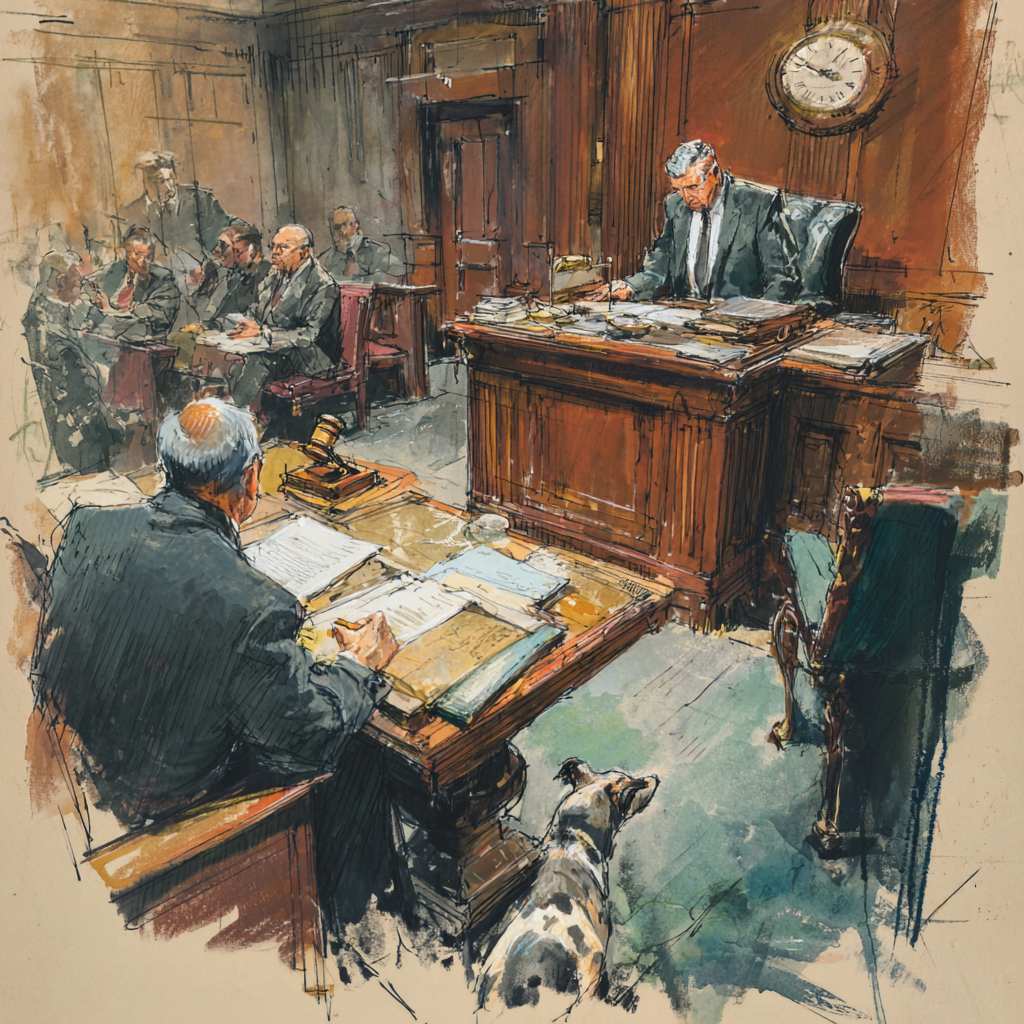Bronx Chiropractic Care, P.C. v State Farm Ins., 2019 NY Slip Op 50423(U)(App. Term 2d Dept. 2019)
“The record reflects that plaintiff, in effect, objected to defendant’s EUO scheduling letters in connection with assignor Rosemary Leon on the ground that the letters did not set forth the objective standards on which the EUO demands were based or sufficiently specify the reasons for the demands, and further requested that defendant provide both the objective standards and reasons for the demands. Since plaintiff failed to submit proof that it had mailed an objection letter in connection with assignor Adris Maria, plaintiff’s argument with respect to that assignor lacks any basis (see e.g. Professional Health Imaging, P.C. v State Farm Mut. Aut. Ins. Co., 52 Misc 3d 132[A], 2016 NY Slip Op 50997[U] [App Term, 2d Dept, 2d, 11th & 13th Jud Dists 2016]).
Defendant was not required to provide the reason for its demand for an EUO in response to an objection from plaintiff. “No ‘provision of No-Fault Regulations 68 requires an insurer’s notice of scheduling an EUO to specify the reason(s) why the insurer is requiring the EUOs’ ” (Flow Chiropractic, P.C. v Travelers Home & Mar. Ins. Co.,44 Misc 3d 132[A], 2014 NY Slip Op 51142[U], *1 [App Term, 2d Dept, 9th & 10th Jud Dists 2014], quoting Ops Gen Counsel NY Ins Dept No. 06-12-16 [December 2006]). Similarly, “[t]here is no requirement in the [*2]regulation that a No-Fault insurer must provide a copy of their internal guidelines [regarding objective justification] for requiring an EUO upon the request of a claimant for benefits” (Ops Gen Counsel NY Ins Dept No. 02-10-14 [October 2002]). The Department of Financial Services’[FN1]interpretation of the No-Fault Regulations is entitled to deference unless that interpretation is ” ‘irrational’ ” or ” ‘unreasonable’ ” (Stephen Fogel Psychological, P.C. v Progressive Cas. Ins. Co., 35 AD3d 720, 722 [2006], quoting Matter of John Paterno, Inc. v Curiale, 88 NY2d 328, 333 [1996]), which is not the case here. Since defendant was not required to provide—either in its scheduling letters or in response to an objection from plaintiff—the reason for its demand or the objective standards upon which its EUO demands were based, and since that is the only ground for plaintiff’s appeal, there is no basis to disturb the order appealed from.”
This proves to be interesting. A carrier can demand a timely EUO and from another case I read cannot demand prepayment of the attendance fee. I suspect the issue of serial EUO’s where circumstances have not changed may form the next wave of litigation.









